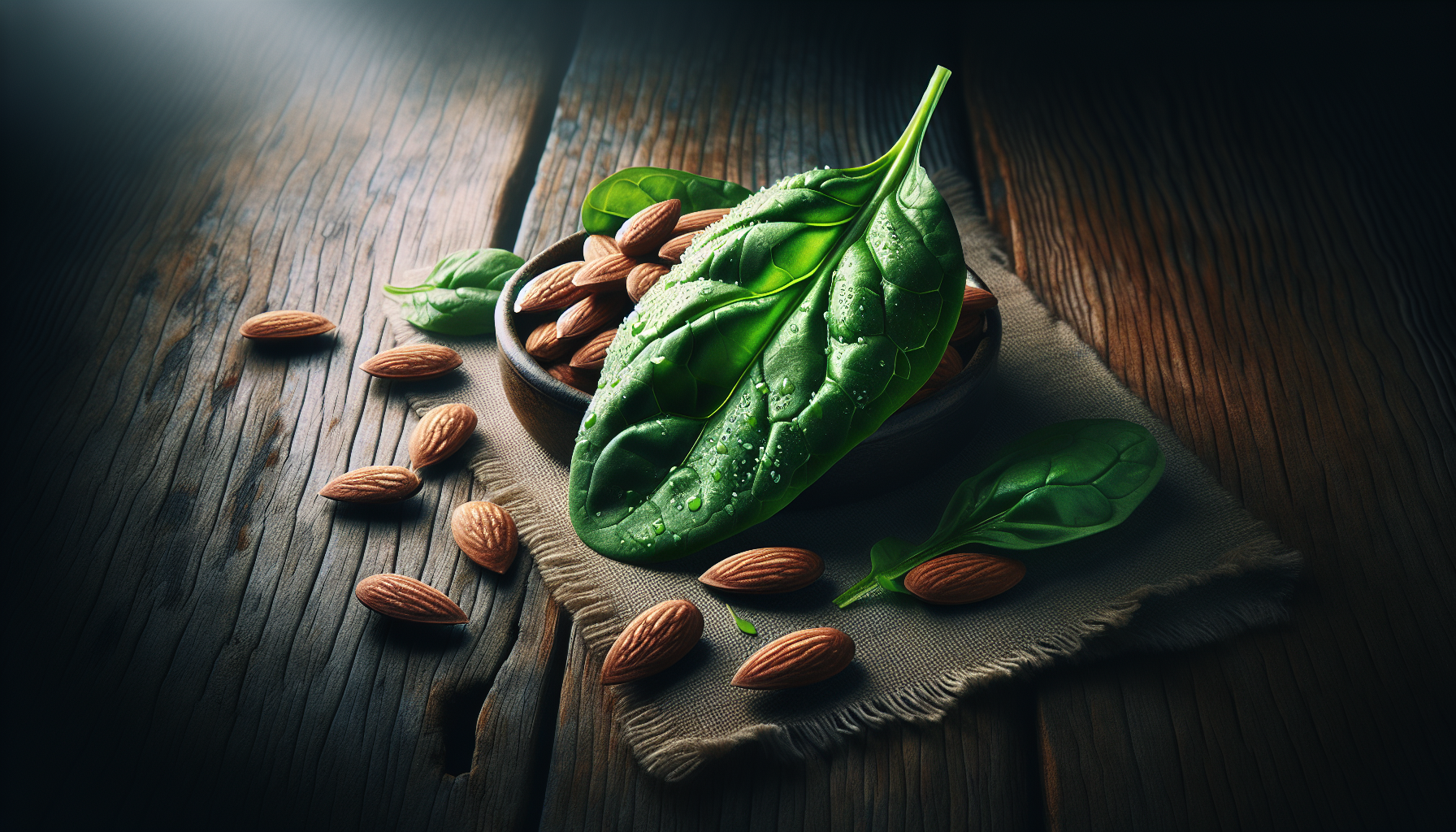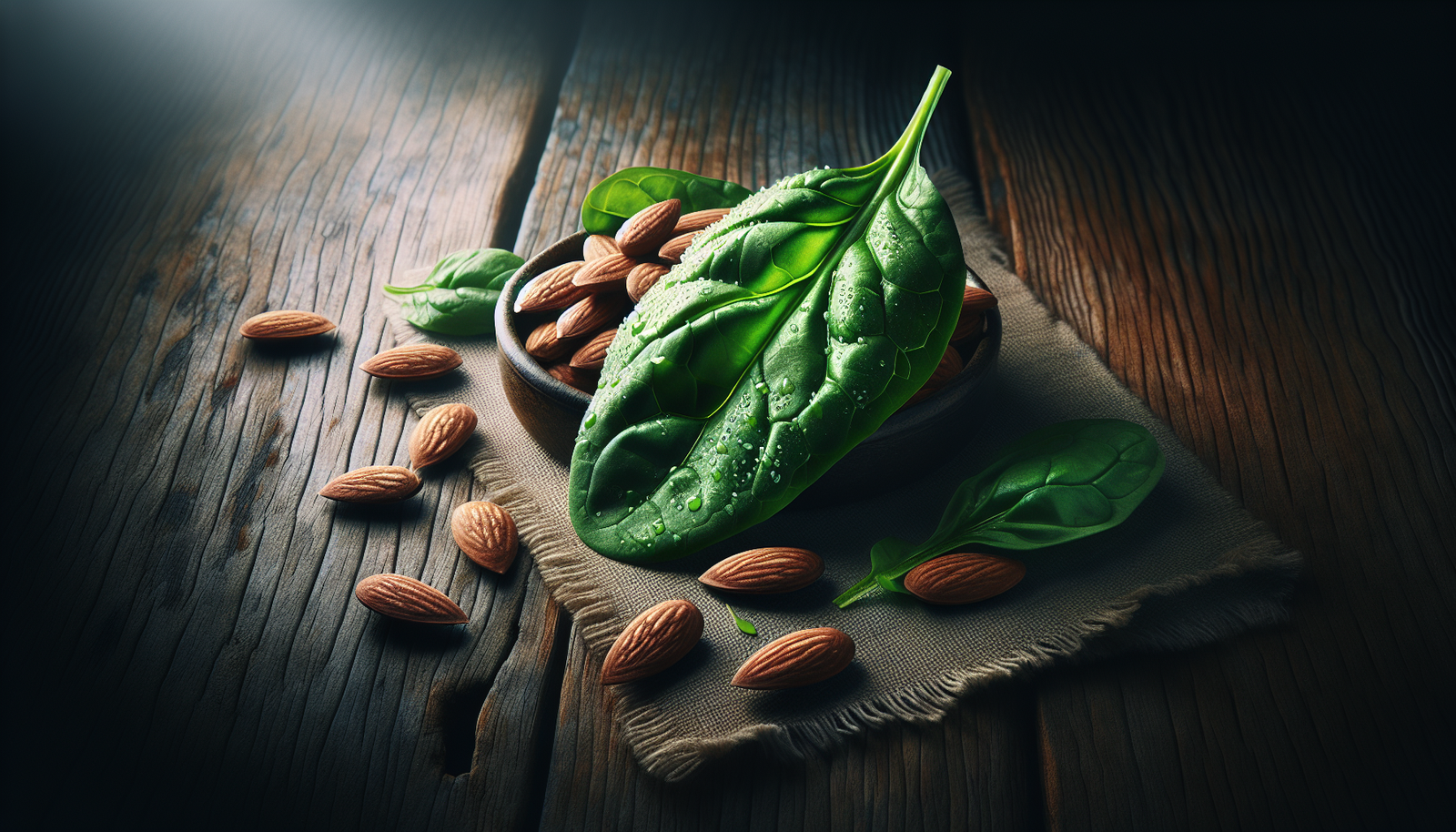What if something as simple as your diet could significantly impact how you feel on a daily basis? If you’ve been struggling with irritable bowel syndrome (IBS), you might want to consider how oxalates, often overlooked in the discussion about dietary triggers, could be affecting you. Let’s take a closer look at these compounds and their relationship with IBS.
Understanding Oxalates
Oxalates are organic compounds found in many plants. They can bind with minerals like calcium, forming crystals that can sometimes lead to health problems. This has led to a belief that consuming high-oxalate foods could be problematic for certain people.
Where Do Oxalates Come From?
You might be surprised to know that oxalates are naturally occurring substances found in many fruits and vegetables. For instance, spinach, beet greens, and nuts are some of the highest offenders. But they can also be present in less obvious places, like tea and certain grains.
- High oxalate foods: Spinach, rhubarb, sweet potatoes, beets, almonds, and black tea.
- Low oxalate foods: White rice, bananas, broccoli, and cauliflower.
This is important because if you have IBS, understanding the sources can help you make better choices about what to include or exclude from your diet.
The Gut and IBS Connection
IBS is a condition that affects the large intestine, leading to symptoms like cramping, abdominal pain, bloating, gas, diarrhea, or constipation.
What Causes IBS?
The exact cause of IBS is still not completely understood, but it can often be triggered by stress, diet, or changes in gut bacteria. For you, it may be helpful to recognize any triggers in your diet and daily routine. This is where the role of oxalates becomes vital.
How Oxalates Affect Gut Health
For some individuals, a diet high in oxalates can lead to gastrointestinal issues. This happens because high oxalate levels can cause inflammation, which may exacerbate IBS symptoms. When your gut is not happy, you’re not happy, and the cycle continues.

Signs that Oxalates May Be Affecting You
It’s not always easy to pinpoint oxalates as the culprit, especially because IBS symptoms can vary so widely from one person to another. However, if you experience certain signs, it might be worth considering a low-oxalate diet.
Common Symptoms
- Digestive Discomfort: Frequent bloating, gas, and an upset stomach can be signs of an oxalate intolerance.
- Kidney Stones: If you’ve had kidney stones, oxalates might be a conversation to have with your healthcare provider. Calcium oxalate stones are the most common type of kidney stones.
- Joint Pain: Some studies have linked high oxalate consumption with joint pain and inflammation.
If you’re nodding your head in agreement with any of these, read on. The connection between oxalates and gut health is complicated but worth understanding.
Testing for Oxalate Sensitivity
If you suspect that oxalates are troubling you, testing might be the next step. Your doctor can guide you through this process.
Methods of Testing
- 24-Hour Urine Test: This test will measure the amount of oxalate your body excretes, providing a clear picture of your oxalate intake.
- Symptom Tracking: Keeping a detailed food diary can help identify whether oxalate-rich foods are contributing to your symptoms.
It’s imperative to work with a healthcare professional throughout this process; self-diagnosing can sometimes lead to more confusion.

How to Approach a Low-Oxalate Diet
If you and your healthcare provider have determined that oxalates may be affecting you, then a low-oxalate diet might be in order. It can feel overwhelming, but it’s all about making conscious choices.
Foods to Include
To get you started, here’s a handy table of low-oxalate foods that are generally safe to consume:
| Food Group | Low-Oxalate Foods |
|---|---|
| Vegetables | Cauliflower, cabbage, zucchini |
| Fruits | Apples, bananas, grapes |
| Grains | White rice, quinoa, oatmeal |
| Proteins | Chicken, fish, eggs |
These options are nourishing and will help you maintain a balanced diet while keeping your oxalate intake low.
Foods to Avoid
Here’s a list of high-oxalate foods that you might want to limit or eliminate:
| Food Group | High-Oxalate Foods |
|---|---|
| Vegetables | Spinach, beets, Swiss chard |
| Nuts | Almonds, cashews, peanuts |
| Fruits | Raspberries, kiwi, blackberries |
| Beverages | Tea (especially black tea) |
A good rule of thumb is to consume these foods in moderation if you choose to include them.
Lifestyle Changes for IBS Management
Making dietary adjustments is just one part of addressing IBS. Other lifestyle changes can also help improve your overall gut health.
Stress Management
Stress can be a significant trigger for IBS symptoms. It’s essential to find coping mechanisms that work for you, whether that’s yoga, meditation, or simply taking time for yourself to unwind.
Hydration
Staying well-hydrated is crucial. Water helps keep your digestive system functioning smoothly. Sometimes, simply drinking more fluids can alleviate some IBS symptoms.

The Importance of Consulting with Healthcare Professionals
Before undertaking any significant changes in your diet, it’s essential to consult with a healthcare professional, such as a registered dietitian or a gastroenterologist.
Benefits of Professional Guidance
- Personalized Advice: Every person’s body reacts differently to dietary changes. A professional can tailor their recommendations to your specific needs.
- Monitoring: They can help monitor your symptoms and adjust your diet as needed.
- Avoiding Deficiencies: Many high-oxalate foods are also rich in nutrients. Professionals can offer alternatives to ensure you don’t miss out on essential vitamins and minerals.
Conclusion: Finding Your Balance
It can feel overwhelming to navigate the complexities of oxalates and IBS, but you’re not alone. By being mindful of what you consume, managing stress, and seeking professional advice, you can find some balance in your life. A little knowledge and effort can go a long way, allowing you to better enjoy your meals and your life.
A Final Thought
You deserve to feel good in your body. Sometimes that means paying closer attention to the foods you eat and how your body responds to them. By understanding the links between oxalates, diet, and IBS, you’re taking an essential step towards better health.


